jhumpa lahiri fangirl
featuring works by Kurt Schwitters and favorite pieces from the Museo Nazionale Romano
PRELUDE
I have to confess that I’m a huge fan of Jhumpa Lahiri and her most recent novel In Other Words, which she wrote entirely in Italian and had translated back into English (although I have not finished it cause I was trying to read it in two languages at the same time… not the best move).
Jhumpa Lahiri had grown up learning Italian with her parents and then during the pandemic decided to move to Rome with her entire family to immerse herself in the language and culture. Then she ended up learning Italian so well that she decided to write an entire book in Italian and have it translated BACK into English which I think is insanely cool. I used to watch her Italian interviews when I was taking Italian classes because she speaks so eloquently about themes of culture and diaspora in her like third language. It’s actually so impressive. But in her work there are such strong ideas and themes of translation and reshaping oneself through language (LOVE).
“Interpreter of Maladies” is a short story I feel like I’ve read before in school but didn’t really remember much when I was reading it for class when I was in middle school, or maybe I had read “A Temporary Matter.” A lot of its themes are much more apparent to me now that I am older. I also had a more complicated childhood being born to parents studying in the U.S. (Jhumpa Lahiri went to BU like my mom for her Masters, probably they were in Boston at the same time!), moving to Korea when I was five, and then moving back to the U.S. on my own when I was 16 for boarding school. But the story resonates so deeply with me as someone who has also had this experience navigating two different countries, customs, and languages in ways that even I can’t fully articulate yet. I literally want to be her when I grow up.
My relationship with Italian takes place in exile, in a state of separation.
Every language belongs to a specific place. It can migrate, it can spread. But usually it’s tied to a geographical territory, a country. Italian belongs mainly to Italy, and I live on another continent, where one does not readily encounter it.
– “Teach Yourself Italian” by Jhumpa Lahiri
Jhumpa Lahiri has expressed her interest in works by Kurt Schwitters and also the works of art in Museo Nazionale Romano, specifically in the Palazzo Massimo section. Schwitter’s work which is a lot of collage pieces I found particularly fitting for the themes that Lahiri is interested in. I feature some of these amazing works in this post today!
SMALL BITES
Here are 3 of my favorite pieces in the Palazzo Massimo:
🌷 Villa di Livia at Prima Porta, frescos in the Triclinium, detail
🌷Mosaic of the seasons
🌷 Mosaic with rosette and central Gorgoneion (Gorgon's head) in Palazzo Massimo
WORDS
Interpreter of Maladies by Jhumpa Lahiri is a collection of nine short stories exploring themes of identity, disconnection, and cultural tension. The stories often focus on Indian and Indian-American characters navigating their relationships and lives between two cultures. Lahiri examines universal human struggles—such as loneliness, loss, and the search for belonging—through intimate, poignant narratives. The title story, for instance, revolves around the complex interaction between a tour guide and a family, highlighting miscommunication and unspoken truths in their lives.
In the title story, “Interpreter of Maladies,” the tour guide, Mr. Kapasi, is a middle-aged man who works part-time interpreting symptoms for a doctor, in addition to guiding tourists. He feels unfulfilled in his life and marriage, longing for recognition and connection. He becomes intrigued by Mrs. Das, an Americanized Indian woman traveling through India with her husband and three children. The Das family appears dysfunctional and distant; the parents seem disengaged from both each other and their children. Mrs. Das, in particular, is portrayed as self-absorbed and indifferent. During their tour, she confides in Mr. Kapasi about a deep secret: her son Bobby was conceived during an affair, and her husband is unaware. She seeks solace in Mr. Kapasi, mistakenly viewing his role as an "interpreter" as someone who can offer her emotional clarity. However, Mr. Kapasi feels both flattered and disillusioned by her confession. The story ultimately reflects themes of isolation, miscommunication, and the complexities of human relationships. The Das family's strained dynamic and Mr. Kapasi's unmet longing underscore their shared but distinct emotional estrangements.
The camera that Mr. Das carries is described as “an impressive telephoto lens and numerous buttons and markings, was the only complicated thing he wore” (13). (True Asian dad fashion) The word choice of “complicated” I thought was incredibly striking, and even later Mr. Das is described as adjusting the lens and playing with it (15). Considering that the story also concerns the different ways in which the characters are seen or seeing each other, based on their own backgrounds and understanding of the world, I really like the subtle way in which the camera is featured and introduced (especially by the guy who can’t see that Bobby is not actually his son, ironic).
Moreso, there are more descriptions of how the family that infer a very specific viewpoint of how they are seen and subjected to scrutiny or judgment or assessment, “The family looked Indian but dressed as foreigners did” or that Mr. Kapasi “found it strange that Mr. Das should refer to his wife by her first name when speaking” (13-14). There are ways in which the family is aware or not aware of their position and the differences they may carry as a “foreigner” like when Ronny asks his father why they drive on the wrong side of the road and Mr. Kapasi brings up the cancelled off-air American show Dallas that no longer even airs and the family hasn’t heard of before. Yet it colors Mr. Kapasi’s viewpoint of the family and where they come from.
When Lahiri writes “‘So these patients are totally dependent on you,’ Mrs. Das said. She spoke slowly, as if she were thinking aloud. ‘In a way, more dependent on you than the doctor,’” I feel like it’s the only kind of thing that she could have written, because I think a lot of diaspora and migration stories are so contingent on this idea of dependence especially during travel and movement since most of the time it’s happening in one’s youth or at the decisions of parents or family (18). Further when Lahiri describes Mr. Kapasi’s job as a “... thankless occupation. He found nothing noble in interpreting people’s maladies…” I felt like Lahiri was doing something similar in her own work or referencing herself in a manner, where she’s taking these inconsistencies or pain points within her specific cultural identity and translating it into words and writing.
Also when she writes how when Mr. Kapasi is able to finally understand another language with ease, such as understanding an Italian sonnet: “In those moments Mr. Kapasi used to believe that all was right with the world, that all struggles were rewarded, that all of life’s mistakes made sense in the end,” I also feel this is only something she could have written (and I feel very seen and a little bit attacked by it) (21). It’s so beautiful and encapsulates the desire for understanding and common ground between people who exist between and across borders, despite a story about how these two groups (the family and Mr. Kapasi) continuously are playing this sort of back and forth game or see each other differently.
And I feel there’s so much to be said about Mr. Kapasi and Mrs. Das’s relationship as well, since it reveals two very different, lesser seen/nontraditional forms of intimacy, seen through their yearning for something deeper and honesty towards each other.
Have a wonderful day <3
Skylar xx
![[banchan]](https://substackcdn.com/image/fetch/$s_!bzBv!,w_80,h_80,c_fill,f_auto,q_auto:good,fl_progressive:steep,g_auto/https%3A%2F%2Fsubstack-post-media.s3.amazonaws.com%2Fpublic%2Fimages%2F4020a6b2-7d75-439c-8957-0777f2e5fe65_1200x1200.png)

![[banchan]](https://substackcdn.com/image/fetch/$s_!bzBv!,w_36,h_36,c_fill,f_auto,q_auto:good,fl_progressive:steep,g_auto/https%3A%2F%2Fsubstack-post-media.s3.amazonaws.com%2Fpublic%2Fimages%2F4020a6b2-7d75-439c-8957-0777f2e5fe65_1200x1200.png)

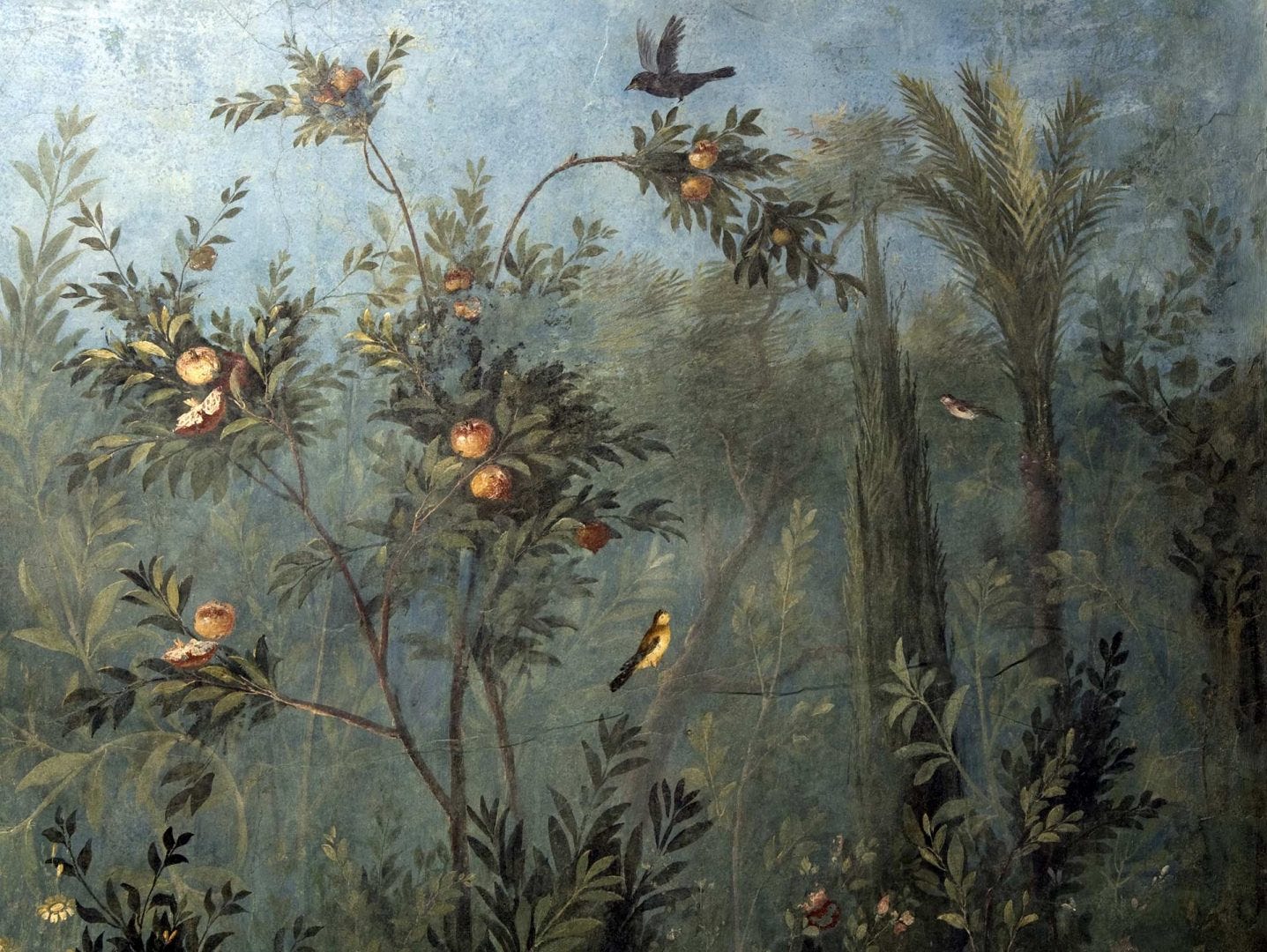
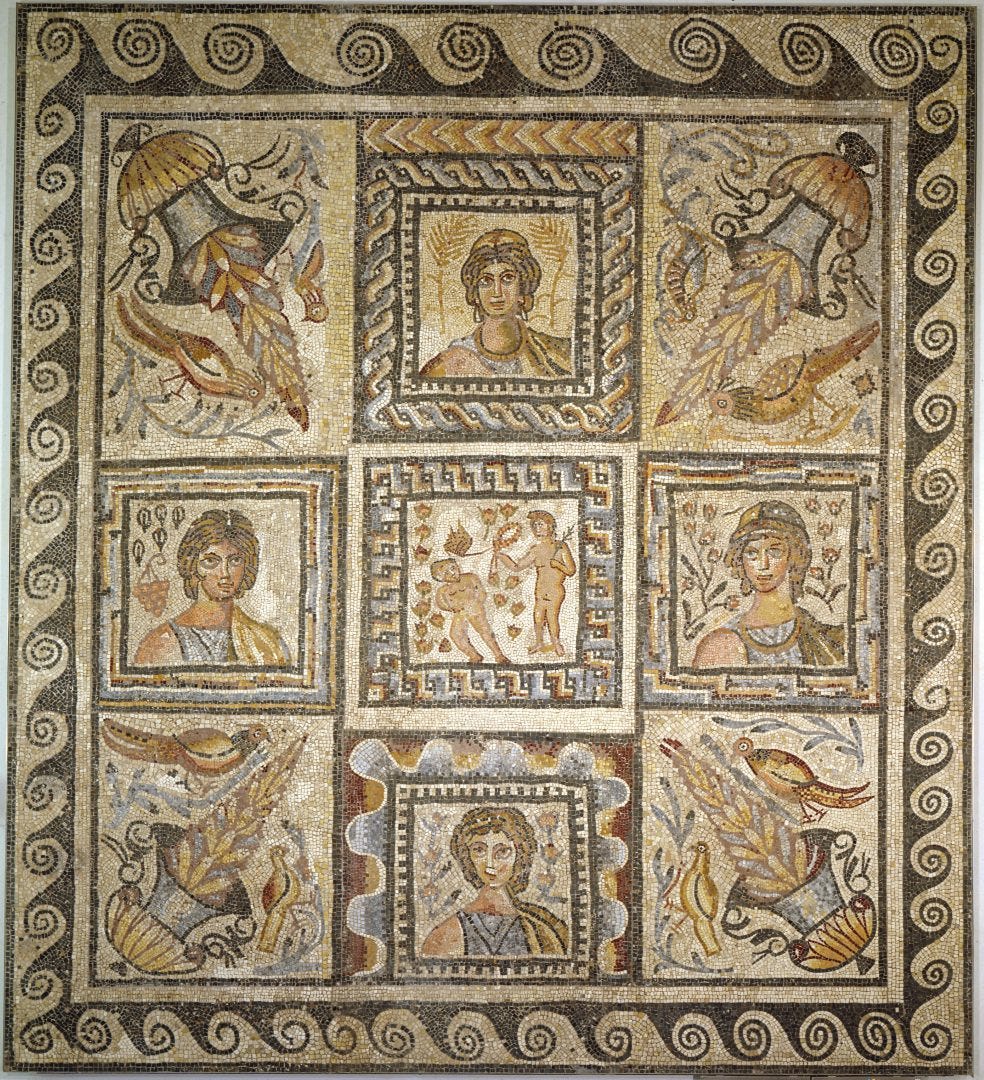
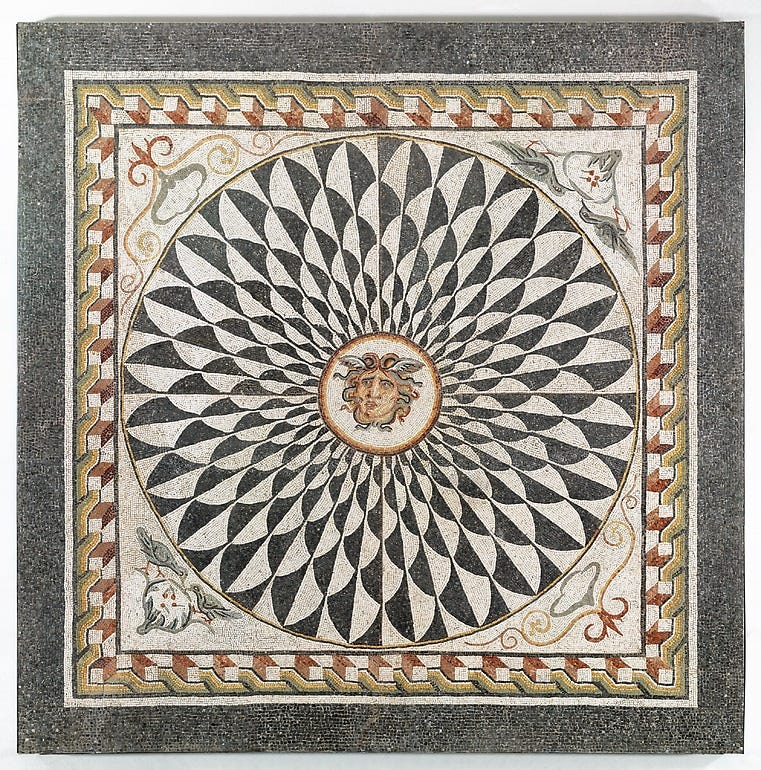
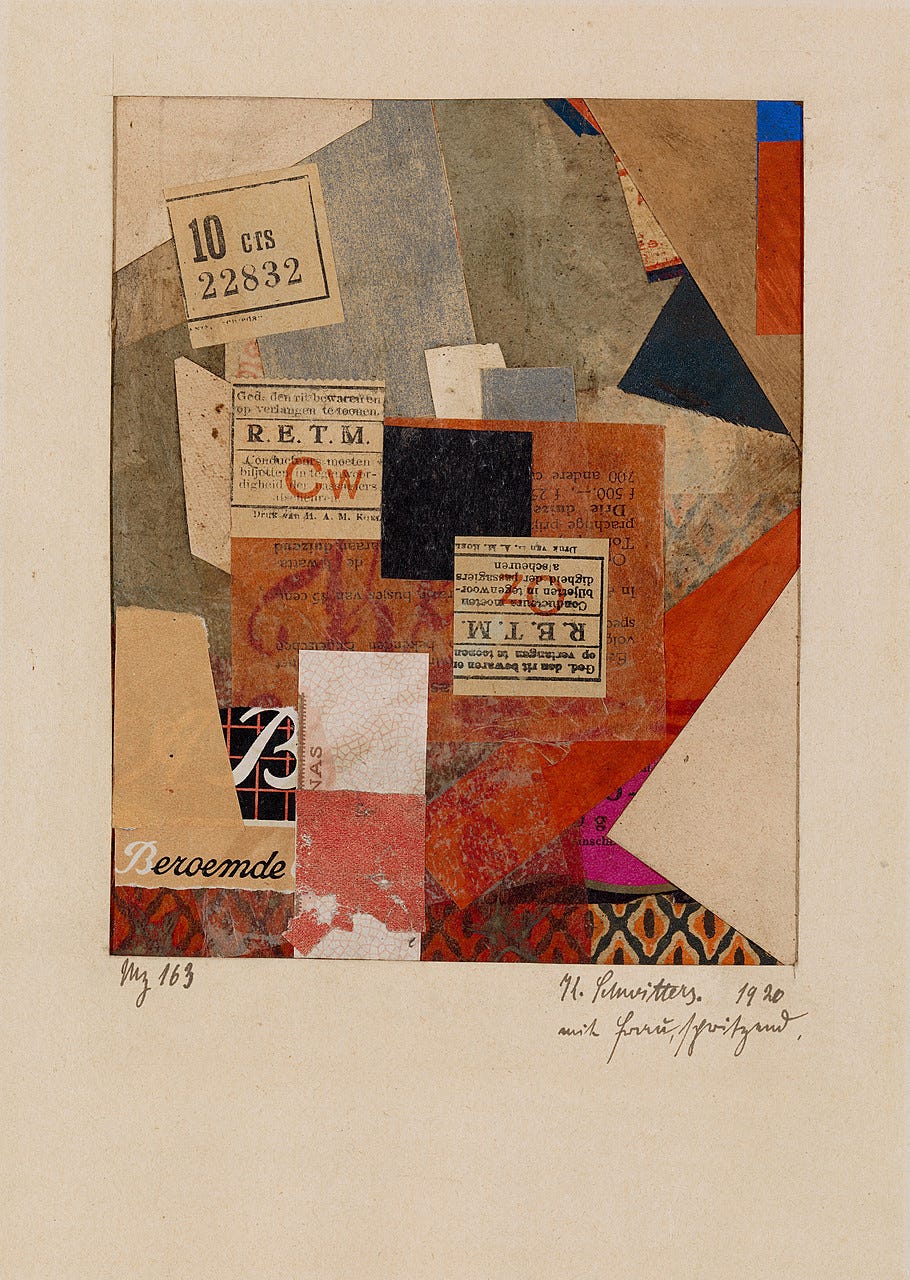
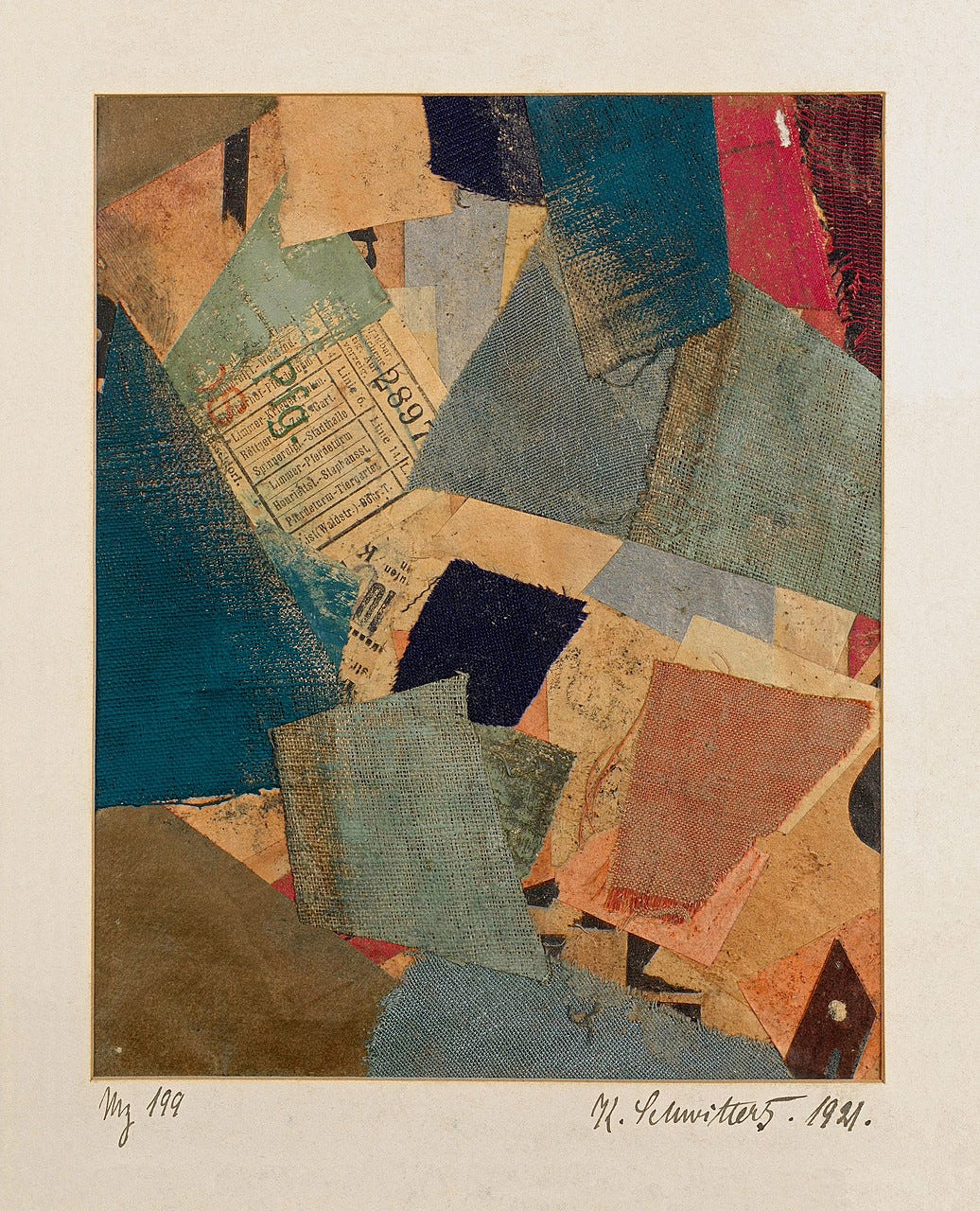
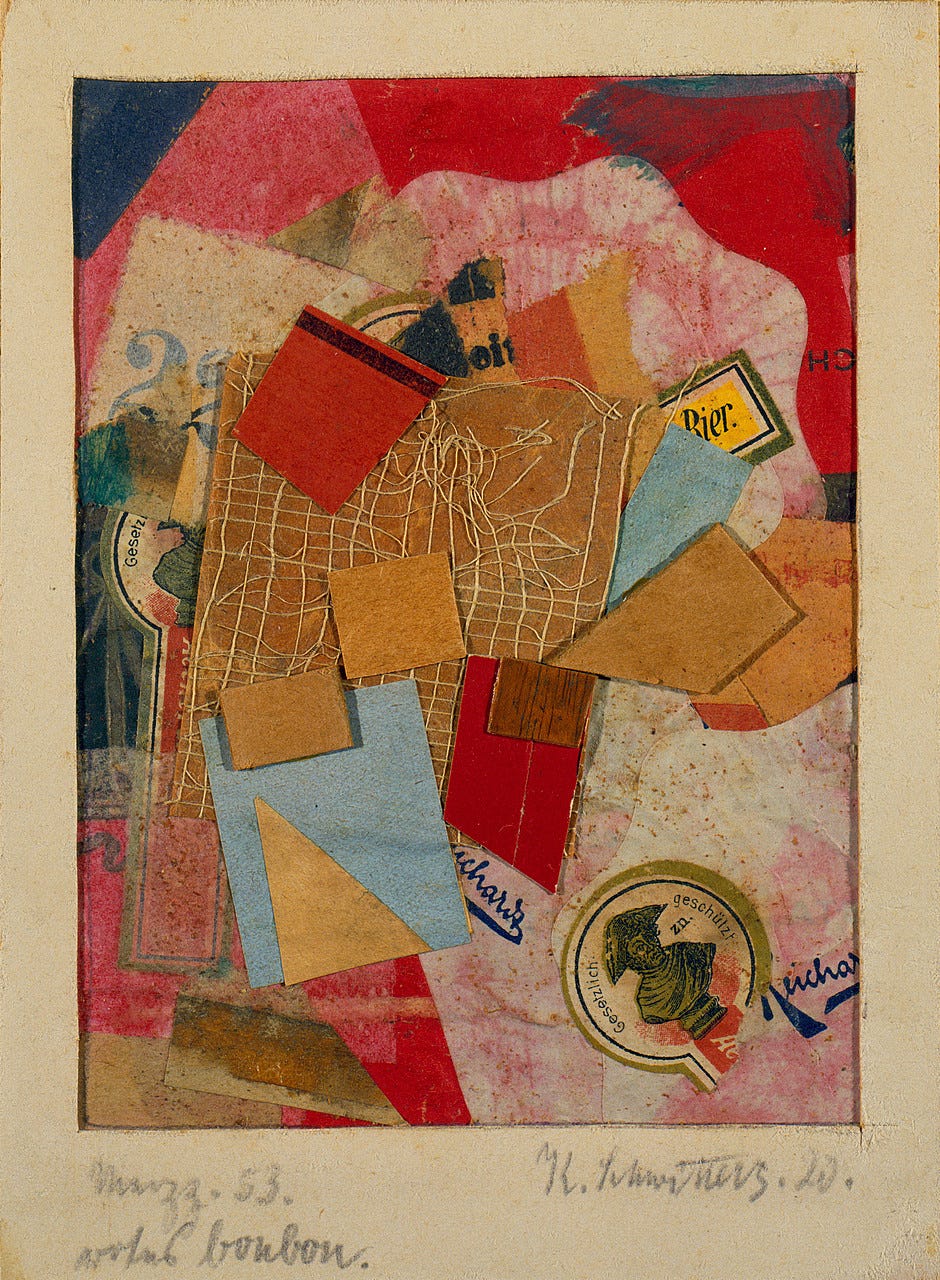

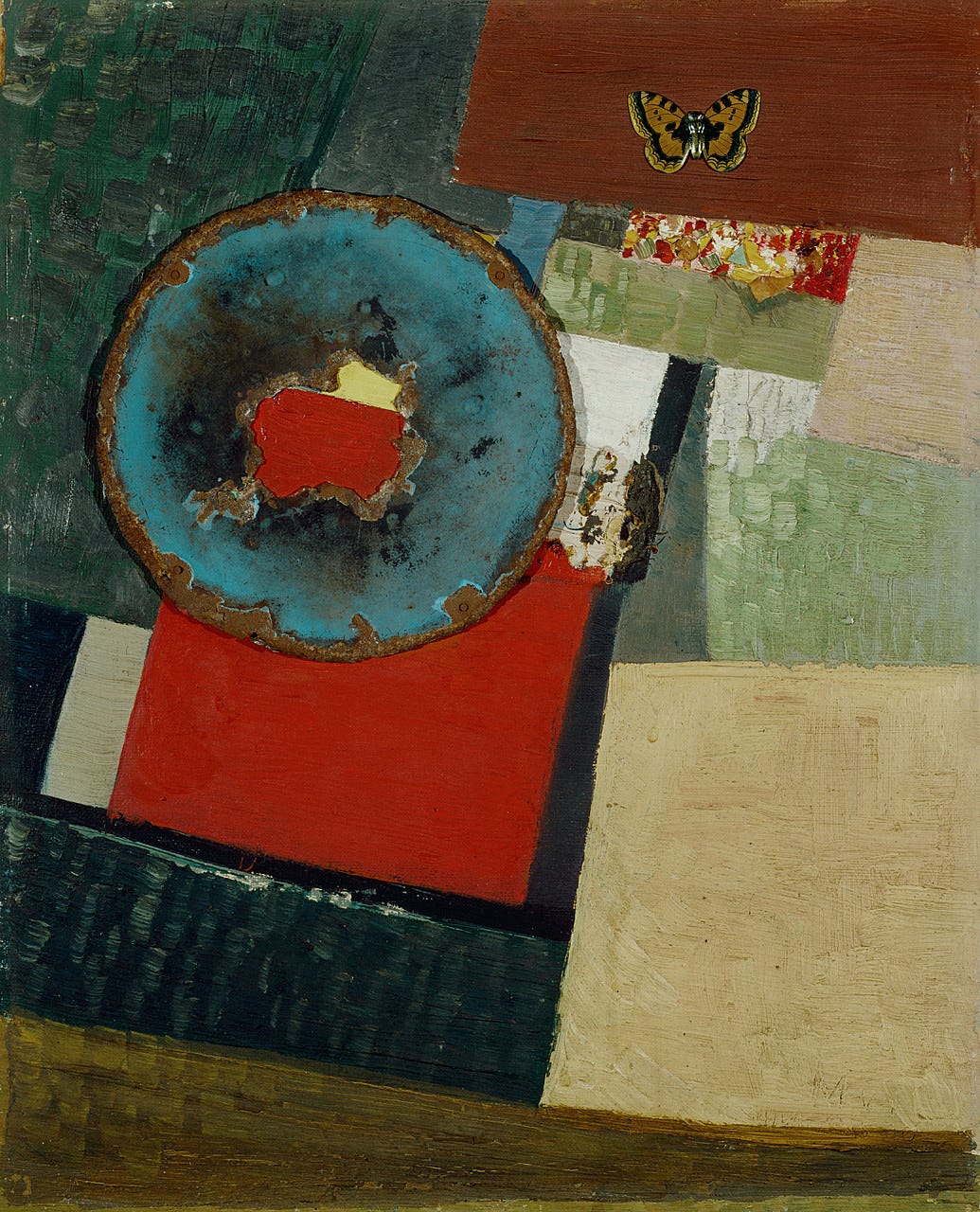
Delighted to run into another Lahiri fangirl. I am going to take my time to savour this piece - excited! I am currently reading the Lowland